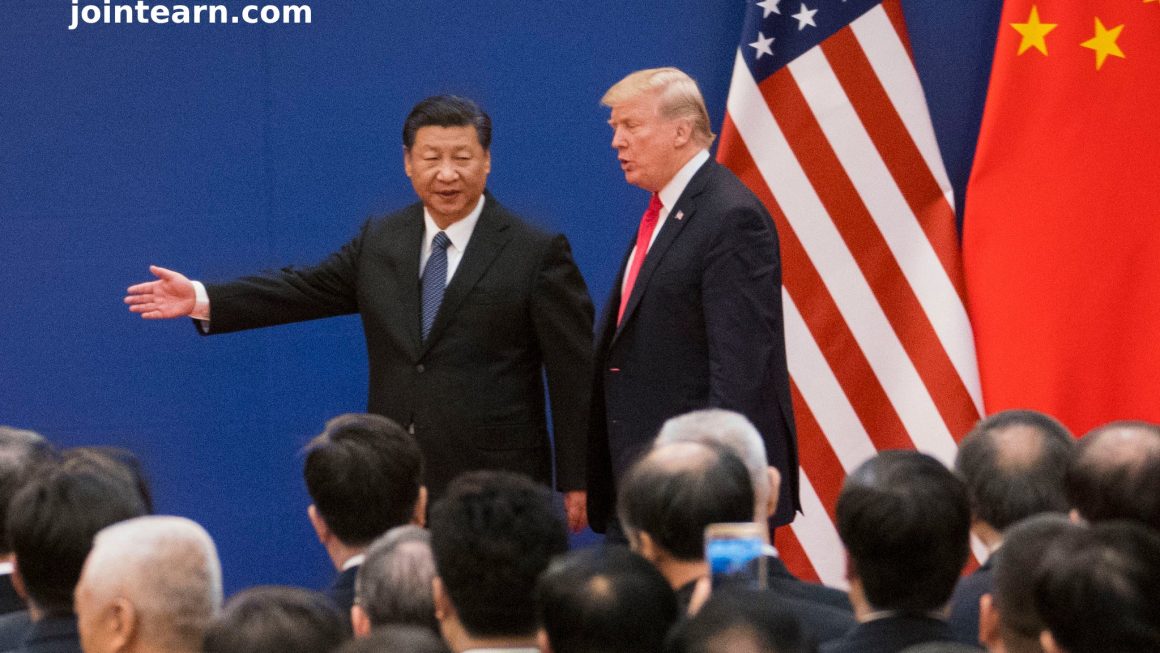Walmart (NYSE: WMT) shares dipped slightly Thursday despite a solid first-quarter earnings report, as the retail giant warned of upcoming price increases driven by the ongoing impact of President Trump’s tariffs. The company posted a mixed quarterly performance navigating inflationary pressures tied to international trade policies.
Walmart’s Q1 revenue rose 2.5% to $165.6 billion, just missing Wall Street’s estimate of $166.02 billion. Adjusted earnings per share outperformed expectations, climbing 1.7% year-over-year to $0.61, beating the forecast of $0.58. U.S. same-store sales grew 4.5%, surpassing estimates, led by strong demand in health, wellness, and grocery segments.
However, Walmart stock retreated as CEO Doug McMillon flagged the challenge posed by tariffs. “Given the magnitude of the tariffs, even at the recent reduced levels, we cannot absorb all the cost pressures due to narrow retail margins,” McMillon said. He noted that price increases have already started in April and May and predicted continued “reset of costs” through the year, as tariffs are applied when goods clear customs.
Bank of America analyst Robert Ohmes estimates Walmart imports about 15% of its U.S. sales from China. Although roughly 60% of Walmart’s U.S. sales are groceries—mostly exempt from tariffs if sourced domestically or from Mexico and Canada—imported items such as bananas, avocados, coffee, and flowers face tariff-related price pressures from countries like Costa Rica, Peru, and Colombia.
Walmart’s adjusted operating income growth of 2.8% beat guidance, despite the company lowering its forecast last month amid economic uncertainty following President Trump’s “Liberation Day” tariff announcement. The retailer expects second-quarter net sales to rise between 3.5% and 4.5%, though it refrained from issuing earnings guidance due to the unpredictable trade environment.
For the full fiscal year 2026, Walmart reiterated its conservative outlook, projecting 3% to 4% net sales growth, aligning with its long-term strategy targeting 4% annual growth.
Industry analysts remain cautiously optimistic. Joe Feldman from Telsey Advisory Group highlighted Walmart’s resilience, suggesting the company is positioned to “weather tariff pressures better than most.” Oppenheimer’s Rupesh Parikh points to Walmart’s continued grocery market share gains, rising contributions from alternative revenue streams, and strong e-commerce investments as key growth drivers.
Walmart’s e-commerce segment posted a notable 21% sales increase in Q1, marking its first full quarter of profitability in both U.S. and international markets. This robust growth contrasts with foot traffic growth of 1.6%, indicating shifting consumer behaviors toward online shopping.
Inventory management will be critical as Walmart navigates a tariff-impacted period. Executives emphasized the complexity of predicting demand amid rising costs, especially during the 90-day pause reducing China tariffs from 145% to 30%. The company’s inventory rose 3.8%, slightly above estimates, signaling cautious stockpiling.
Walmart’s earnings report also sets a benchmark for upcoming retail results from Target, Home Depot, and Lowe’s as the sector braces for continued tariff-related challenges.












